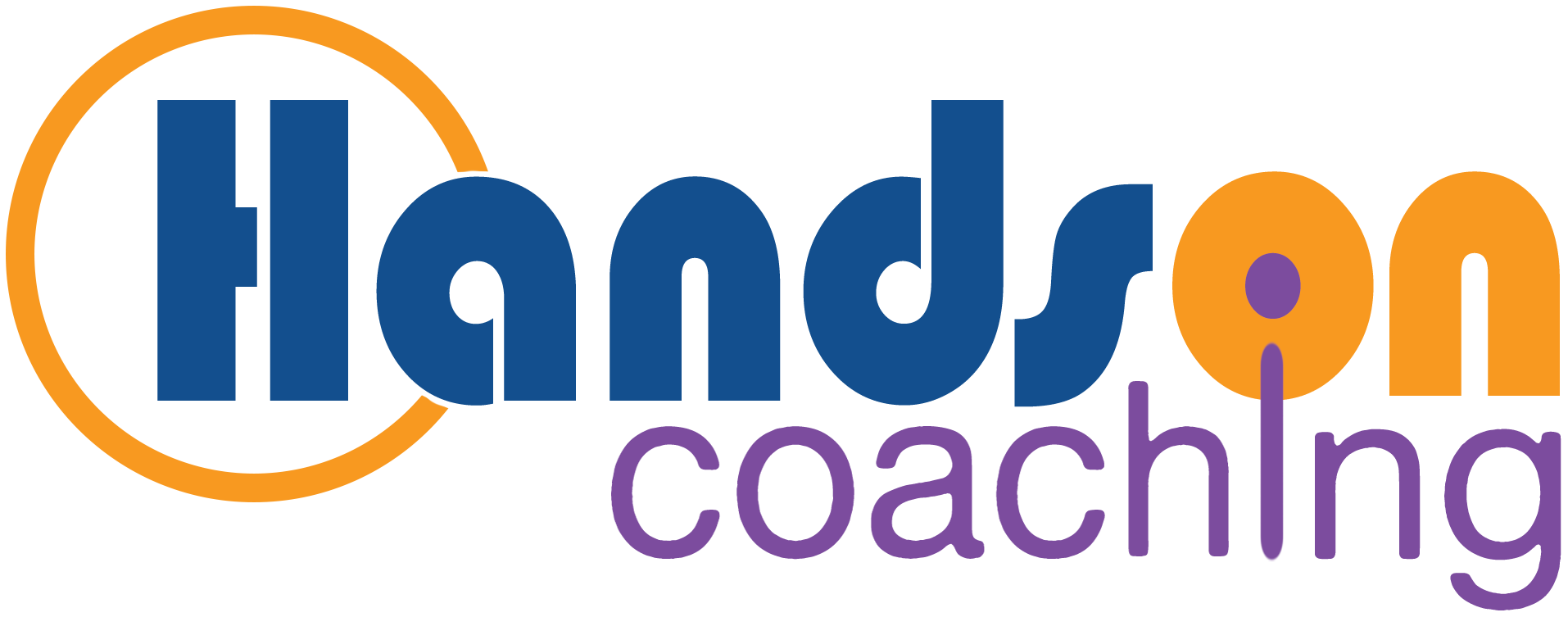
Empowering Corporate Teams in Iceland: The Role of a Visionary Coach
In the rapidly changing business environment of Iceland, companies are constantly seeking ways to improve employee performance, promote collaboration, and increase productivity. To accomplish these goals, many innovative organizations have engaged corporate team coaches, and some have even opted for the distinct approach of a visionary coach. This article examines the concept of a corporate team coach in Iceland, exploring the three kinds of coaches and addressing the question of whether a CEO truly requires a coach.
Understanding a Corporate Team Coach:
A corporate team coach is an expert who helps teams within a business setting improve their collaboration, communication, and overall effectiveness. While traditional coaching may focus on individual performance, a corporate team coach concentrates on enhancing team dynamics, identifying areas for growth, and facilitating the achievement of collective goals. By employing various coaching methodologies, these professionals help teams harness their strengths, overcome challenges, and attain optimal performance.
The Three types of coaches:
Corporate Team Coach: As previously noted, the main goal of a corporate team coach is to enhance team dynamics, address conflicts, build trust, and ultimately improve the overall performance of the team. Their role is critical in establishing a positive work environment and aligning team efforts with the organization’s visons and goals.
Visionary Coach: A visionary coach, often associated with corporate team coaching, goes beyond traditional coaching methods by adopting a forward-thinking and innovative approach. This type of coach inspires teams to embrace a shared vision, set ambitious long-term goals, and develop strategies to achieve them. They encourage creativity, promote a big-picture perspective, and empower teams to think beyond immediate challenges.
Executive Coach: Executive coaches work with individual leaders, often top-level executives, including CEOs. They focus on enhancing leadership skills, supporting personal development, and providing guidance on strategic decision-making. Unlike corporate team coaches, their approach is tailored to the needs of a single individual. Executive coaches help leaders build self-awareness, leverage their strengths, and overcome potential blind spots.
Does a CEO Need a Coach?
The issue of whether a CEO requires a coach is one that has become increasingly relevant in recent times. CEO’s are undoubtedly accomplished in their leadership roles, but they also bear enormous responsibilities and confront unique challenges. Participating in coaching sessions with a seasoned executive coach can provide numerous advantages:
- Objective Guidance: An executive coach offers impartial and objective insights, providing perspectives that internal stakeholders may not feel comfortable expressing. This outside perspective helps CEOs make well-informed decisions.
- Personal Development: CEOs, like all professionals, have the potential to develop and grow. By working with an executive coach, they can identify areas for improvement, such as leadership skills, communication, or adaptability, and receive support on their journey of personal development.
- Stress Management: Working as a CEO can be incredibly stressful, and leaders often face immense pressure to succeed. An executive coach can provide support and guidance to help CEOs develop effective coping mechanisms, manage stress levels, and maintain a healthy work-life balance.
- Accountability: A coach helps CEOs stay accountable by ensuring that they follow through on their commitments, actions, and goals.
To sum up, corporate team coaches, especially those embodying the visionary approach, can play a crucial role in empowering corporate teams in Iceland. Their expertise in enhancing team dynamics and fostering a shared vision sets the stage for improved collaboration and performance. Additionally, for CEOs in Iceland, considering an executive coach can prove invaluable in supporting personal development, navigating challenges, and achieving organizational success. Embracing coaching in the corporate realm is a testament to an organization’s commitment to growth, development, and excellence in an ever-evolving business landscape.
